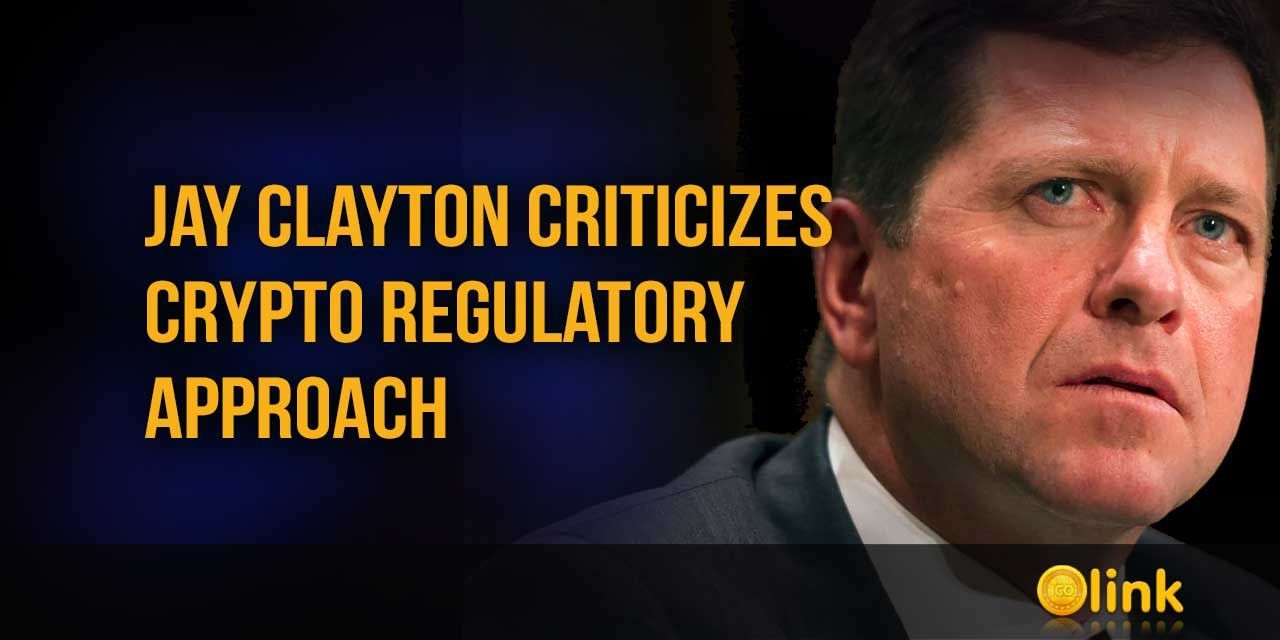Jay Clayton Criticizes Crypto Regulatory Approach
Gary Gensler's Leadership at SEC Under Fire: Former Chair Jay Clayton Raises Concerns
Former US Securities and Exchange Commission (SEC) Chair, Jay Clayton, has raised a flag of concern about the alleged abuse of power by the current Chair, Gary Gensler. In a controversial interview on CNBC's Squawk Box, Clayton shared his growing apprehensions about perceived biases in the SEC's approach towards the American crypto industry under Gensler's leadership.
A Critique of the SEC's Crypto Policies
Jay Clayton, who currently lends his expertise as a senior policy advisor at Sullivan & Cromwell, questioned the increasingly combative strategies employed by the SEC. The former chairman noted with concern that the SEC, under Gensler's leadership, seems to be pushing the boundaries of its legal remit.
A rising concern is the regulator's use of the judicial system to bring legal actions against cryptocurrency companies. Clayton sees this as a shift from the norm and is troubled by what he considers an overextension of the SEC's authority.
Unsettling Trends in SEC Enforcement
Clayton's critique also touches on what he describes as a deeply un-American approach demonstrated by the current SEC administration. He takes issue with the belief that if the SEC isn't losing legal battles, then it's not prosecuting enough entities.
He points out, "I have consistently expressed my concerns over this, and I still maintain that a significant number, if not the vast majority, of digital assets should be classified as securities under US law."
The Debate: Is Politics Playing a Role?
The debate around the political motivation of Gensler's approach is also gathering steam. Senator Cynthia Lummis and John Deaton, a renowned attorney representing Ripple, have previously voiced concerns about Gensler's potential political engagement.
Whether or not these allegations hold water is yet to be established. But the increasing friction and critique from industry stalwarts like Clayton and other stakeholders certainly add a new dimension to the discussion about the SEC's evolving approach to the crypto industry.
In conclusion, while the dialogue about the SEC's regulatory practices continues, it's clear that a reassessment of its approach, particularly with respect to the crypto industry, may be necessary. As crypto continues to reshape global finance, regulatory bodies like the SEC must strike a balance between safeguarding consumer interests and fostering innovation.






